
The Pastor’s Hippocratic Oath
Shawn suggests pastors adopt a modern Hippocratic Oath to respect biblical views, show empathy, respect privacy, and focus on well-being over rigid doctrines.

Shawn suggests pastors adopt a modern Hippocratic Oath to respect biblical views, show empathy, respect privacy, and focus on well-being over rigid doctrines.

The teaching summary highlights the personal nature of faith decisions, the centrality of Jesus' resurrection, the role of faith in religious claims, and the importance of open-minded truth-seeking and apologetics.
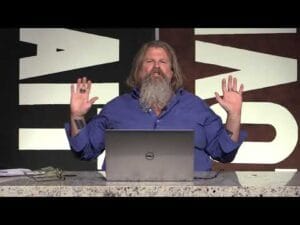
Shawn McCraney's movement promotes a non-denominational, inclusive Christian approach, focusing on subjective interpretation, spiritual liberty, and love beyond church authority.

Shawn discusses challenges in ministry aid, stressing discernment over exploitation. He advocates empowering support, inspired by biblical stories, to avoid dependency.

Shawn distinguishes between following secular and divine laws, urging Christians to respect government laws unless they conflict with Christian principles, like proclaiming Christ's kingdom.

Script currently unavailable.

God grants free will and humility fosters divine connection; pride obstructs spiritual growth. Humility enables guidance, while pride leads to isolation from God.

Shawn leads a discussion on Noah's flood, suggesting it was regional, supported by science and biblical hyperbole. He encourages balancing faith with logic and open dialogue.
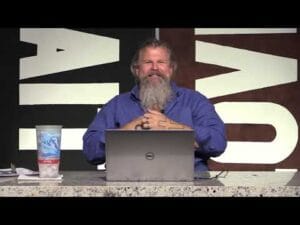
Shawn examines Romans 3:22, debating if righteousness is by faith in Jesus or Jesus' own faith. He analyzes translations, urging personal interpretation with love and faith.
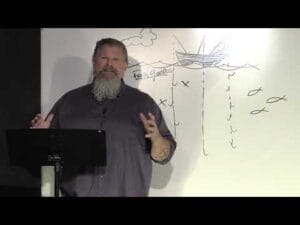
Evaluate faith orientation by identifying personal biases like seeking experiences or community. True growth is challenging biases to love universally in Jesus' name.

Christian wealth isn't contradictory; it's about perspective, acquisition, and use. Prioritize God, manage wealth wisely, avoid corruption, and maintain spiritual focus.
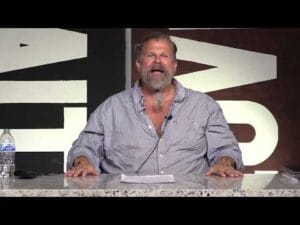
Script currently unavailable.

Shawn uses 1960s imagery to teach that faith and love, guided by liberty and humility, lead to hope and harmony, while rigid doctrine leads to fear and unrest.

Terminal illness in children raises questions of divine love, free will, and suffering. Religion offers eternal perspective and comfort, contrasting atheism's transient view.

Shawn envisions the afterlife as engaging in God-like activities, extending love, light, and life, akin to Jesus' mission, with earthly virtues preparing for divine service.

Shawn teaches universal access to heaven through Jesus, with faith affecting rewards. God's love is unconditional, urging followers to love all as joint heirs with Christ.

Shawn discusses modern-day revelation, faith-science coexistence, belief in Christ, heart transformation, God's existence through design, and the universe's mysteries.

Shawn urges embracing love and acceptance over doctrinal disputes, focusing on unity and understanding others' beliefs, prioritizing love for God and neighbors.
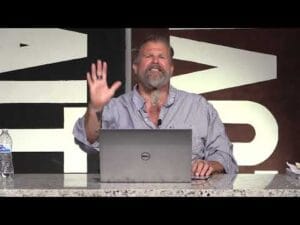
Shawn invites all but assassins to a baptism event, focusing on personal faith over doctrine. Encourages genuine seekers of Christ's love to stay engaged, offering a fresh take on 1 Corinthians 13.

Christians should align language with biblical teachings, focusing on intent and context. Avoid negative language, respect cultural contexts, and set a Christ-like example.